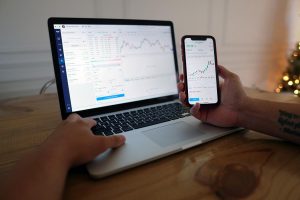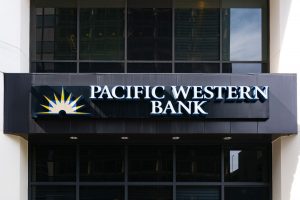The foreign institutional investors (FIIs) sold shares worth a net Rs 51.12 crore, while domestic institutional investors (DIIs) bought shares worth a net Rs 453.59 crore in the Indian equity market on August 26, as per provisional data available on the NSE.
Also Read| Jackson Hole Symposium 2022: Economists react to Fed chair Powell’s speech
In the month of July 2022, FIIs sold shares worth a net Rs 6,567.71 crore while DIIs bought shares worth a net Rs 10,546.02 crore.
Also Read| How Paul Volcker tamed inflation with two recessions in 1980s
The Sensex jumped 59.15 points or 0.10% to 58,833.87 and the Nifty was up by 36.45 points or 0.21% to 17,558.90 on Friday.
Also Read| Xiaomi in talks with BAIC to produce electric vehicles: report
The Sensex touched high and low of 59,321.65 and 58,722.69, respectively. There were 21 stocks advancing against 9 stocks declining on the index.
Also Read| Adani Group says RRPR is obligated to transfer NDTV shares to VPCL
The Nifty traded in a range of 17,685.85 and 17,519.35. There were 34 stocks advancing against 15 stocks declining, while 1 stock remains unchanged on the index.
Also Read| Indian government to discuss possibility of common charger for all phones, laptops
FII stands for ‘foreign institutional investor,’ and refers to an investment fund or an investor who puts their money into a country’s assets while being headquartered outside of it.
Also Read| Elliott sold stake in Twitter amid Elon Musk deal frenzy: report
In India, this is a commonly used term to refer to outside entities contributing to the country’s financial markets by investing.
Also Read| US Fed issues guidance for banks considering cryptocurrency activities
On the other hand, ‘DII’ stands for ‘domestic institutional investors.’ Unlike FIIs, DIIs are investors that invest in the financial assets and securities of the country they are currently residing in.
Also Read| Jackson Hole Symposium 2022: 5 key takeaways from Jerome Powell’s speech
These investment decisions of both FIIs and DIIs are impacted by political and economic trends. Additionally, both types of investors — foreign institutional investors (FIIs) and domestic institutional investors (DIIs) — can impact the economy’s net investment flows.






